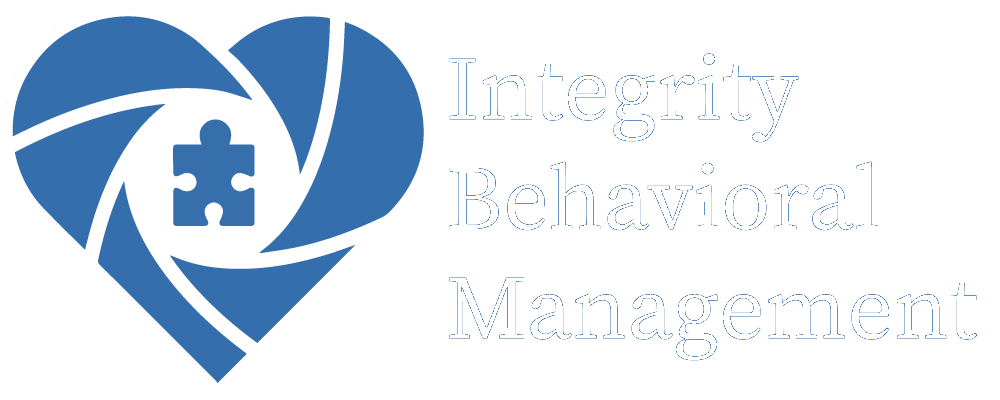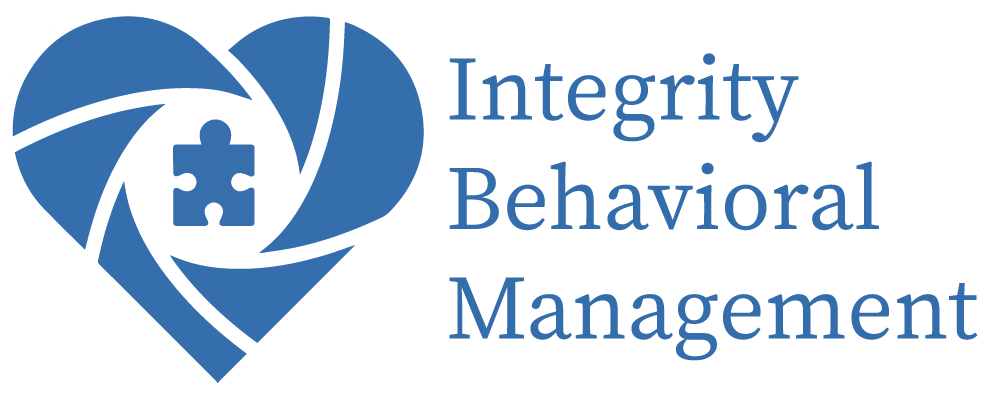When faced with addiction, mental health issues, or a combination of both, choosing between an Intensive Outpatient Program (IOP) and inpatient treatment can significantly influence your path to recovery.
In this article, we will delve into the primary distinctions between IOP and inpatient treatment, empowering you to determine which approach aligns best with your individual situation and recovery goals.
Understanding IOP and Inpatient Treatment
Intensive outpatient treatment offers a flexible approach, allowing you to attend multiple therapy sessions per week while living at home and maintaining your daily responsibilities. This option is suitable if you need more support than standard outpatient therapy but don’t require the constant supervision of inpatient care.
On the other hand, inpatient treatment programs provide immersive, round-the-clock care in a structured environment. These programs typically last from 30 days to several months and are designed for individuals with severe mental health or substance use disorders who need intensive therapeutic interventions and stabilization.
Inpatient treatment is often recommended when you require constant supervision and a higher level of care to manage your symptoms effectively.
Whether you opt for an intensive outpatient program or inpatient treatment, taking this step toward recovery is a brave and transformative choice.
Level of Care and Supervision
Inpatient treatment offers the highest level of care, with 24/7 access to medical professionals and continuous support in a structured environment. This immersive setting is ideal if you require intensive monitoring and assistance to stabilize and focus on recovery without distractions.
In contrast, IOP provides a lower level of supervision, allowing you to live at home while attending therapy sessions. You’ll need to manage your daily responsibilities alongside treatment, which requires strong commitment and adherence to the program’s guidelines.
IOP is suitable if you have a stable living situation and can maintain sobriety with less intensive support.

Flexibility and Lifestyle Considerations
Assessing your personal circumstances, support system, and the level of flexibility you require is essential in determining which option best suits your needs and promotes a sustainable recovery.
IOP provides greater flexibility, allowing you to maintain your daily routine and commitments while receiving structured support. You can continue working, attending school, or caring for your family by participating in therapy sessions scheduled around your obligations, typically 3-5 times a week. This flexibility enables you to apply newly acquired coping skills in real-life situations, reinforcing your recovery journey.
In contrast, inpatient treatment requires a full-time commitment, necessitating a temporary leave from work or rearranging family responsibilities. While this may pose challenges, the immersive environment and 24/7 care can be invaluable for those needing intensive support and medical oversight. Inpatient programs offer a structured lifestyle focused solely on recovery, free from external distractions or triggers.
Cost and Insurance Coverage
Inpatient treatment typically costs more than $1,000 per day due to round-the-clock medical supervision and facility amenities.
In contrast, IOP sessions range from $100 to $600 per week, making them more cost-effective. However, insurance coverage for both options can vary significantly, with many plans requiring pre-authorization for inpatient stays.
It’s essential to consult your insurance provider to understand your coverage details and out-of-pocket expenses for inpatient and outpatient treatment. Don’t hesitate to inquire about financial assistance through non-profits and government programs, which may help offset the costs associated with both types of care.
Making an Informed Decision
It’s essential to evaluate the severity of your condition, as inpatient care provides round-the-clock support for severe cases, while IOP is suitable for moderate issues requiring less intensive supervision.
Consider your personal responsibilities, as IOP offers flexible scheduling that allows you to maintain work or school commitments, whereas inpatient treatment requires full immersion in a structured environment.
Assess the financial implications, noting that inpatient treatment generally incurs higher costs due to 24/7 care, while IOP is often more cost-effective without accommodation expenses.
Consult with healthcare professionals to conduct a thorough assessment, ensuring that the chosen treatment option aligns with your specific needs and recovery goals, as mismatched treatment can increase the risk of relapse.
Final Thoughts from New Chapter Faith Recovery
Integrity’s inpatient program offers a strong foundation for lasting recovery, with round-the-clock medical supervision, customized treatment plans, and a variety of evidence-based therapies. The tranquil atmosphere of their New Orleans facility, coupled with the knowledge and experience of their multidisciplinary team, provides an optimal environment for individuals to escape the cycle of addiction and develop the necessary skills for long-term sobriety.





